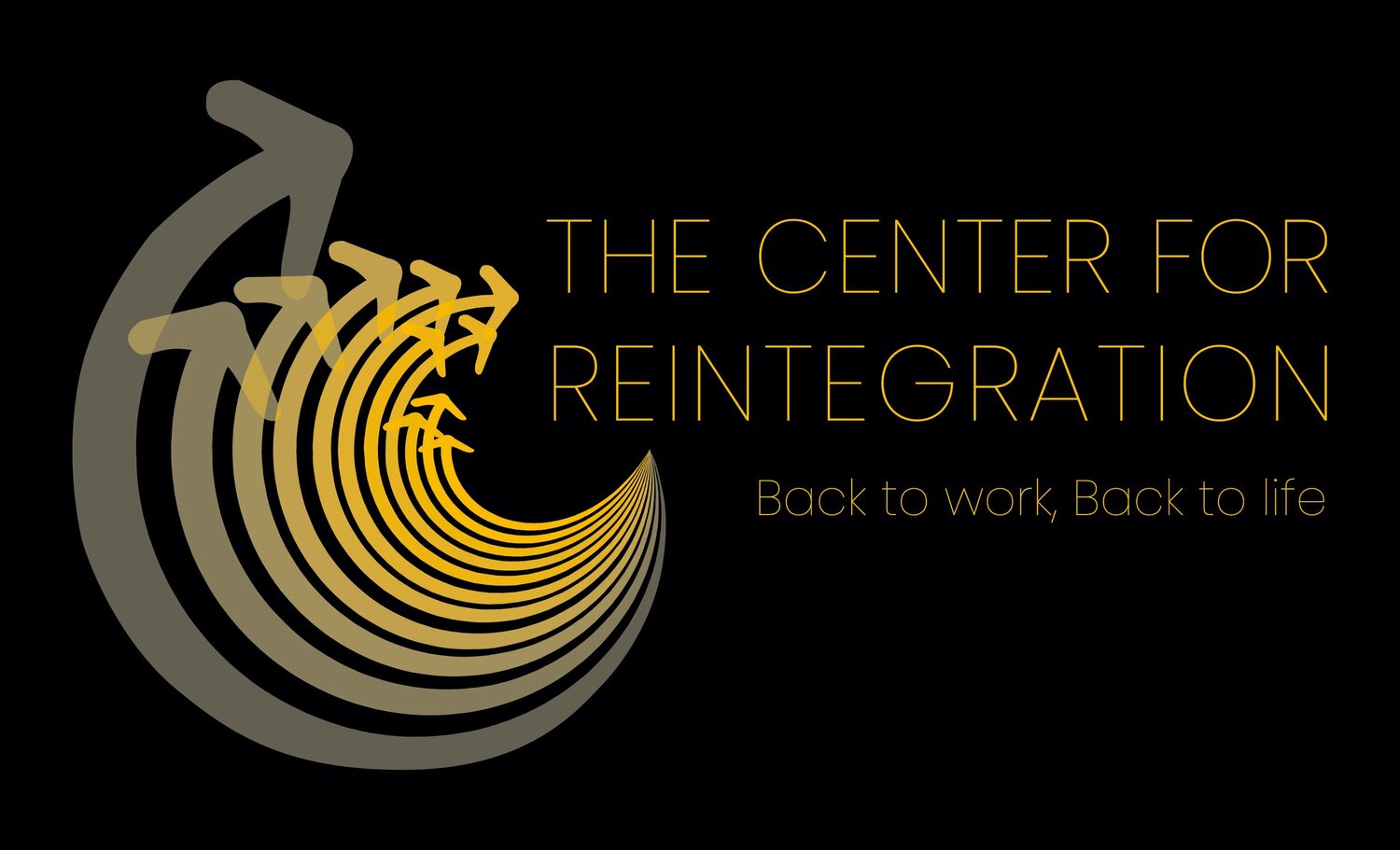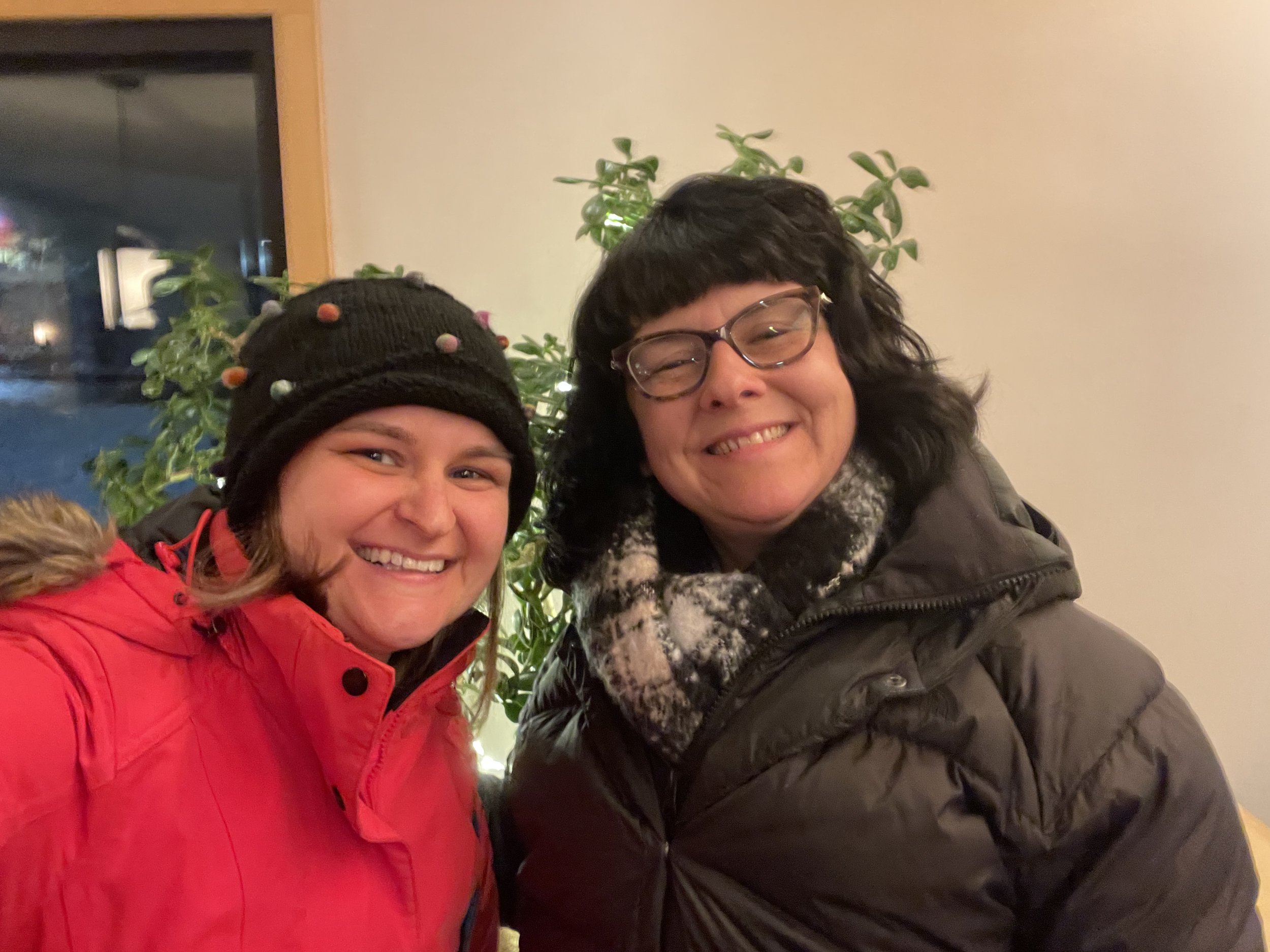Read on to hear about the path of one of our current scholars, Sam! We have a number of incredible folks this year receiving scholarships from us, Sam is studying to become a psychiatric nurse practitioner, to treat, empathize, and inspire folks living with mental health issues. Enjoy!
1. What are you attending school for now, and how long have you been in school?
I am attending school at the Massachusetts College of Pharmacy and Health Sciences University for a Post-Masters Certificate to be a Psychiatric-Mental Health Nurse Practitioner. I started the program in January 2022, and this fall is my third semester. I graduate in just two months!
2. Can you tell us a little bit about your story of living with a mental illness, for instance how and when you were diagnosed, and how that impacted your life as a whole?
I was diagnosed with bipolar I disorder when I was 28, when I had my first psychotic manic episode. When I got sick from my first episode, my whole life was derailed. I had spent the previous 2 ½ years studying to be a family nurse practitioner at Boston College. During my final school year, I had been struggling with severe depression (and perhaps a useful hypomania), but after I graduated and when I was in the process of studying for the licensing exam, my mind went haywire in a way that I’d never experienced before. I was lucky in that my brother was a third-year medical student at the time, and he helped my family get me the right care. I had my first appointment with my outpatient psychiatrist on the day my psychosis became emergent. He diagnosed me on the spot, and I went directly to the emergency room, where my life restarted.
3. What effect has your mental illness had on your educational path? Did it interrupt it? Did it shift your course of focus and/or study?
My bipolar I disorder has had a huge effect on my educational path. After being hospitalized twice in a month recovering from my first episode, my family and care team decided it would be for the best for me to forego taking the family nurse practitioner licensing exam. I was so upset that I had worked so hard: I had just graduated with my Master’s in nursing and was inches from starting a career I had had as a goal since I was 17. But I was neither well enough to take the test nor interested enough to pursue the work anymore. After taking time to recover, I eventually went back to working as a registered nurse (which I had been for six years), only this time I decided that I wanted to shift my focus to mental health. I eventually started to rebuild my confidence in my ability to become a nurse practitioner. Considering my personal experience and newfound passion for behavioral health, I realized what would really make me feel fulfilled would be to become a psychiatric prescriber. In order to get a psychiatric license as a nurse practitioner, I only needed to complete one more year of study, through a post-Master’s certificate specializing in psychiatric-mental health. After 3 ½ years of recovery, I finally felt I was healthy enough to pursue this goal. Last October, I applied to a local university, was accepted, and began the program a few months later.


































